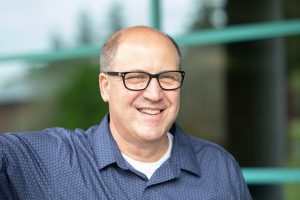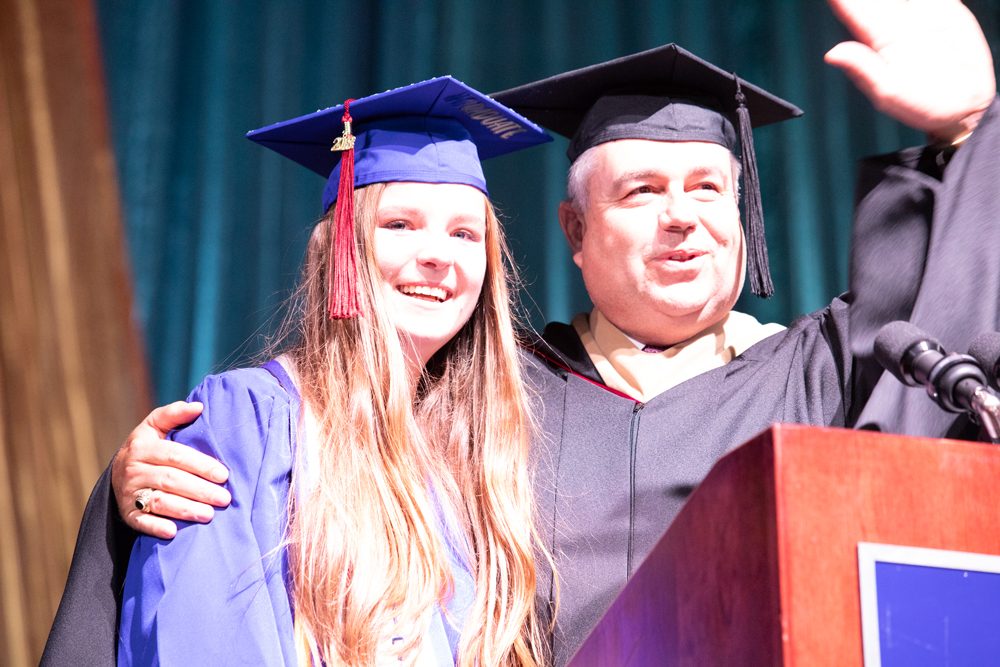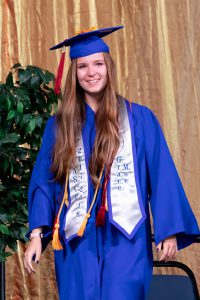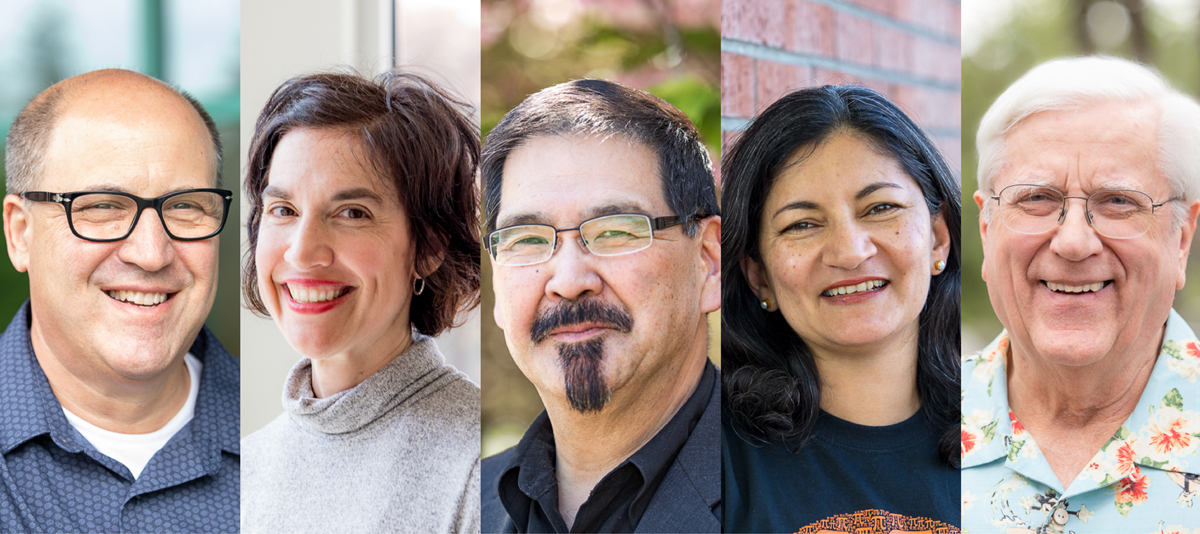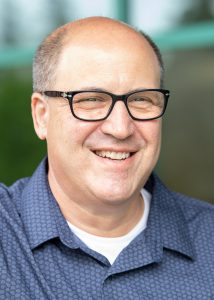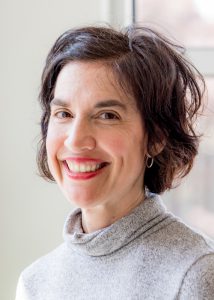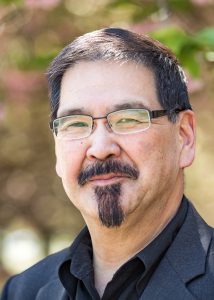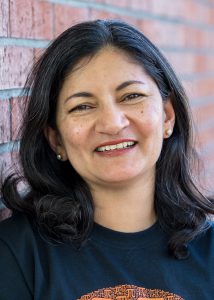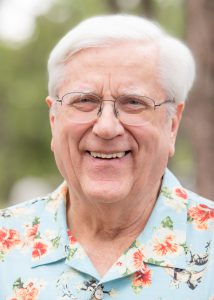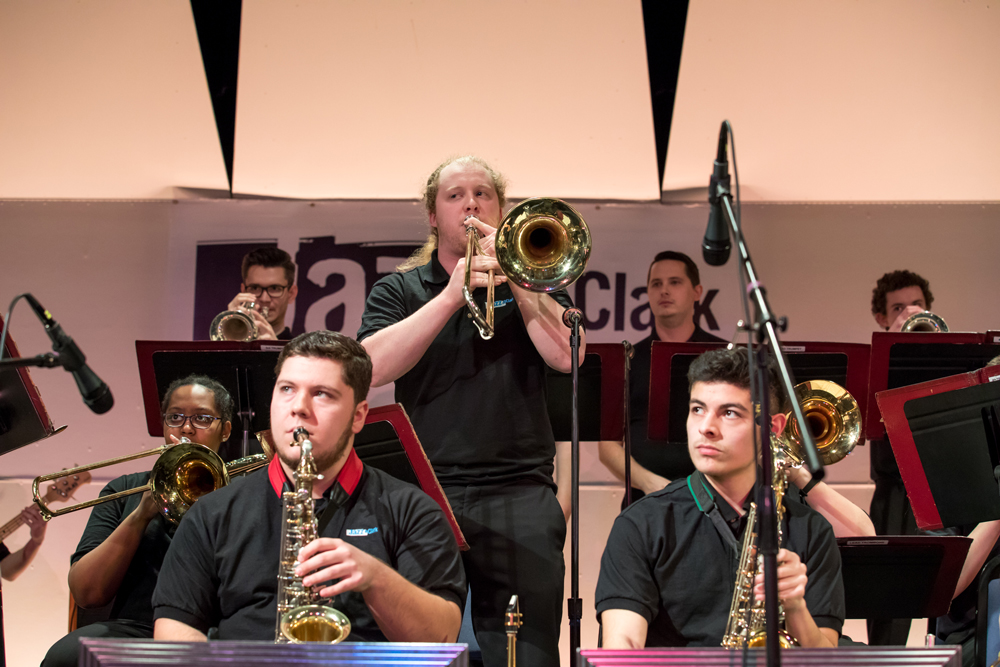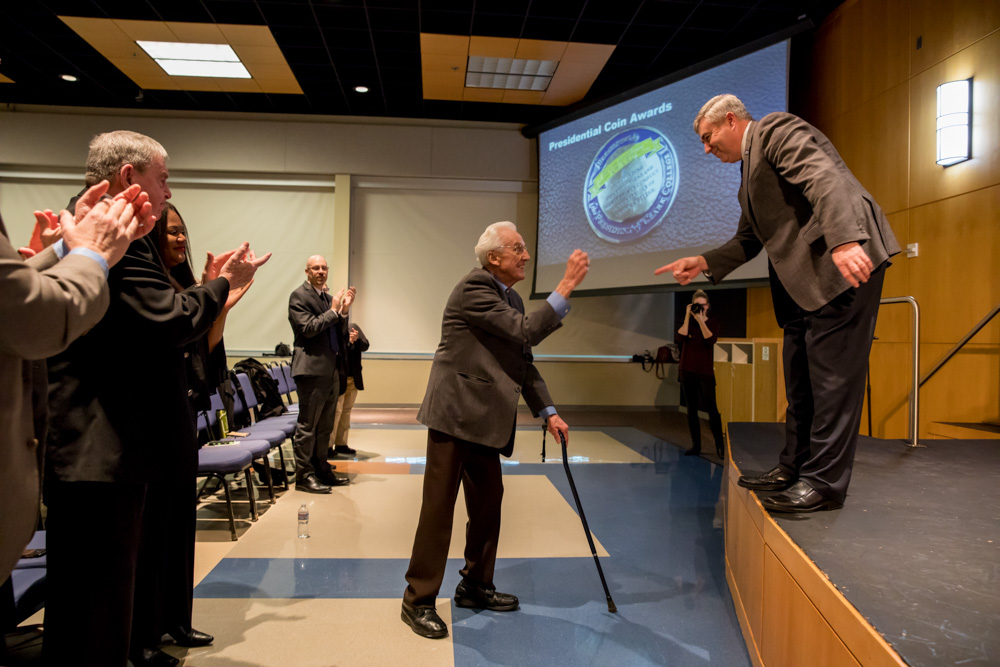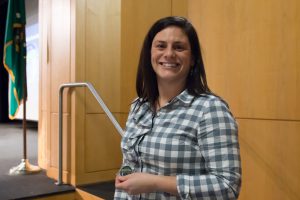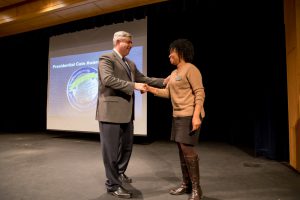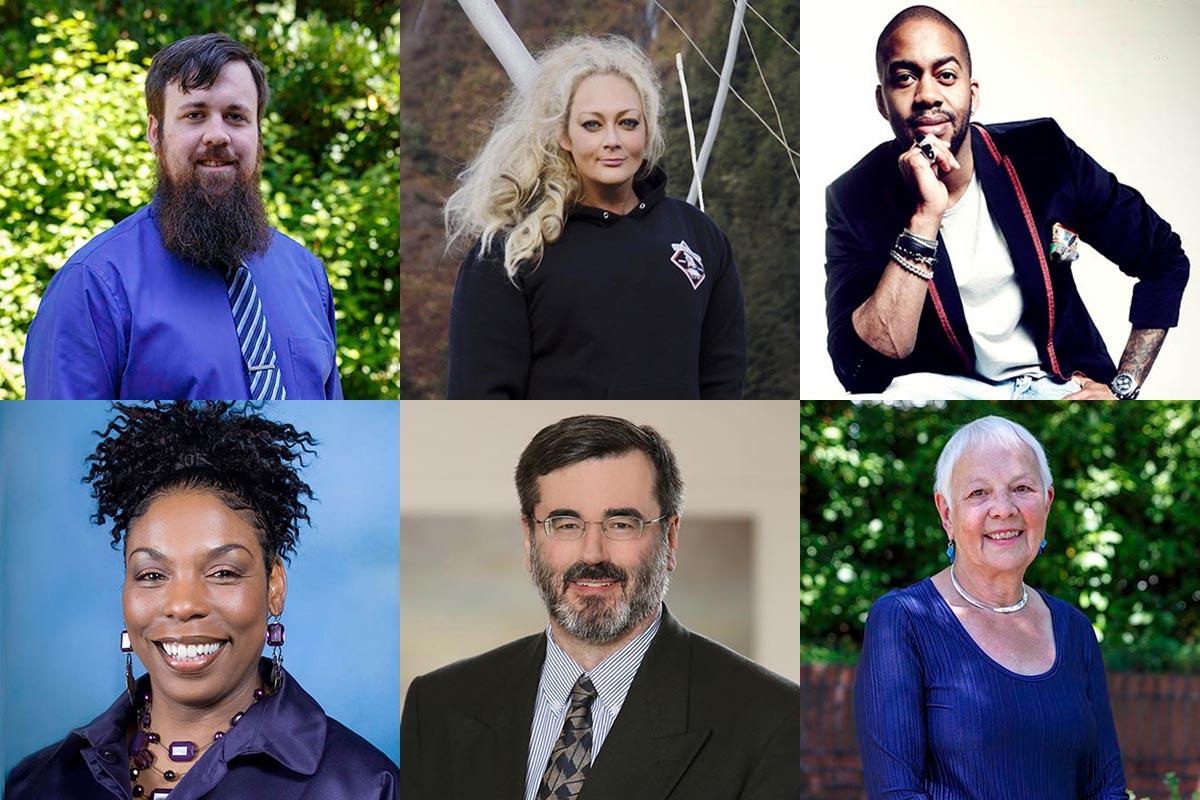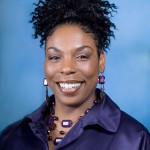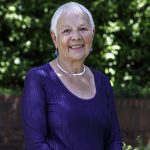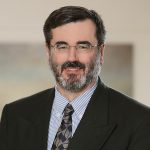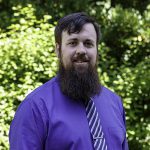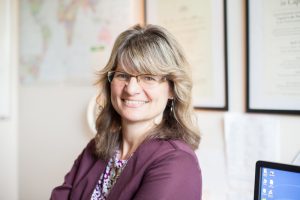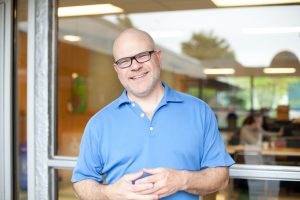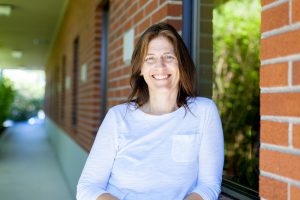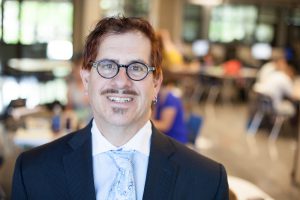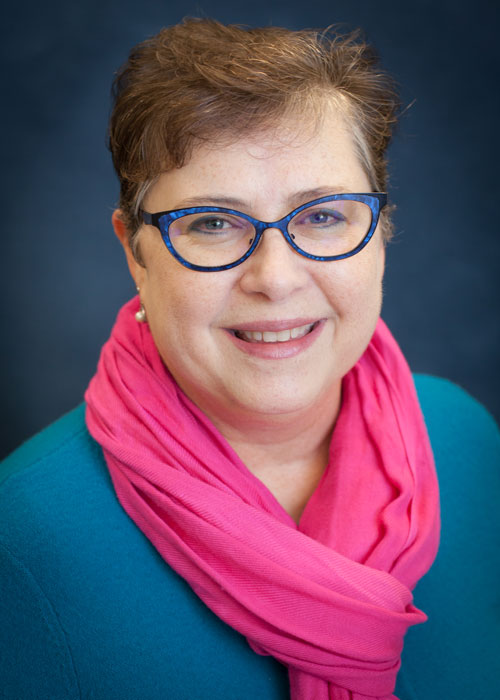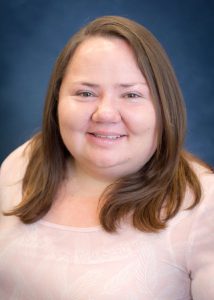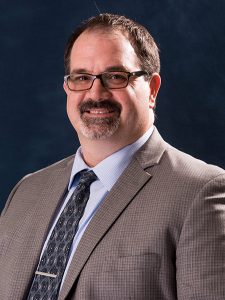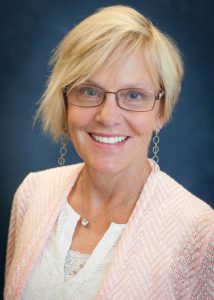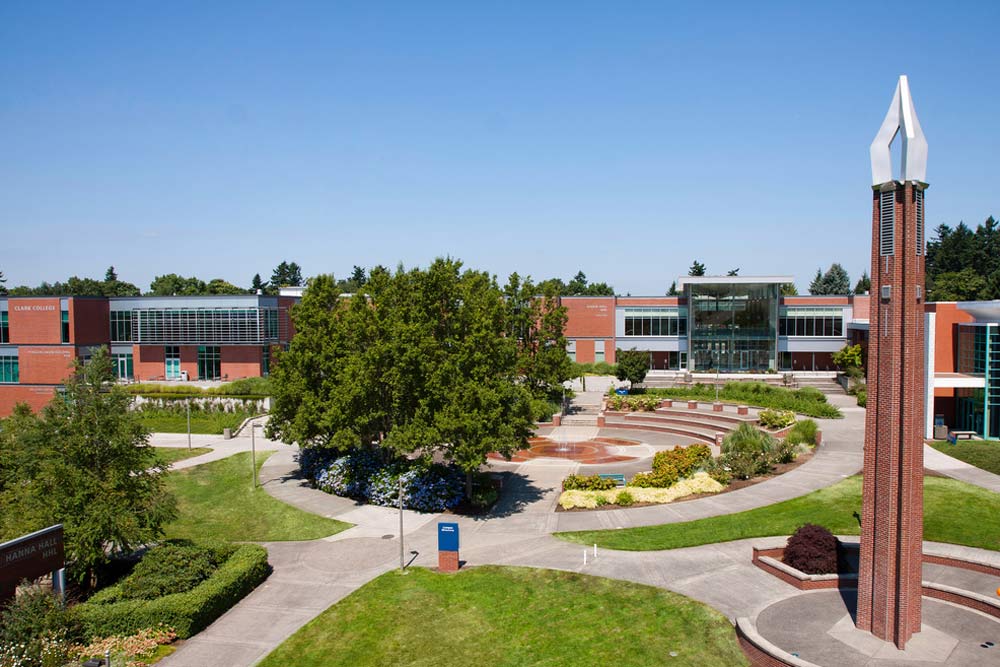
On May 7, a reception was held in Gaiser Student Center to welcome the nine newest members of the tenured faculty at Clark College. Glenna Afflerbaugh (dental hygiene), Patricia Atkinson (economics), Caron Ford (career and academic preparation), Rebecca Herman (dental hygiene), Yusufu Kamara (economics), Donald Ludwig (sociology), Laura Nagel (library), Robert Weston (mathematics), and Tess Yevka (psychology) were all granted tenure during the Clark College Board of Trustees meeting on March 14.
Tenure is awarded by the college’s Board of Trustees based on professional excellence and outstanding abilities in their disciplines. The granting of tenure is based on the recommendations of tenure review committees to the vice president of instruction, which are then forwarded to the president, who presents a final recommendation to the Board of Trustees. Recommendations are based on self-evaluations, tenure review committee evaluations, student evaluations, supervisory evaluations, and peer evaluations. The final decision to award or withhold tenure rests with the Board of Trustees.
About the faculty members
Glenna Afflerbaugh
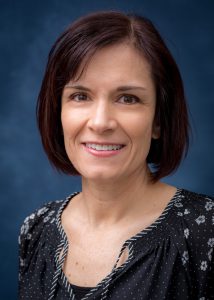 Glenna Afflerbaugh graduated from Clark College’s dental hygiene program with an associate degree. She received a Bachelor of Science in Dental Hygiene degree from Eastern Washington University and a Master of Education degree in Educational Leadership from Concordia University. She has worked as a dental hygienist in private practice and began teaching at Clark in 1994. She has served as senior lead clinical instructor in Clark’s dental hygiene program since 2015.
Glenna Afflerbaugh graduated from Clark College’s dental hygiene program with an associate degree. She received a Bachelor of Science in Dental Hygiene degree from Eastern Washington University and a Master of Education degree in Educational Leadership from Concordia University. She has worked as a dental hygienist in private practice and began teaching at Clark in 1994. She has served as senior lead clinical instructor in Clark’s dental hygiene program since 2015.
At Clark, Afflerbaugh coordinates mock board exams for senior dental hygiene students; she also mentors and advises students as they move through the dental hygiene program. She also serves on the Dental Hygiene Advisory Committee.
“My teaching approach is to lead with integrity, and provide a learner-centered environment in which trusting, supportive, and synergistic relationships allow individuals to grow, become empowered, and accomplish their goals,” said Afflerbaugh.
Patricia Atkinson
 Patricia Atkinson earned her Bachelor of Science and Master of Science degrees in economics from Marist College and Portland State University, respectively. She has taught at Clark College since 2008, and has previous teaching experience at Portland State University and other community colleges in the Portland-Vancouver metro region.
Patricia Atkinson earned her Bachelor of Science and Master of Science degrees in economics from Marist College and Portland State University, respectively. She has taught at Clark College since 2008, and has previous teaching experience at Portland State University and other community colleges in the Portland-Vancouver metro region.
At Clark, Atkinson serves as Lead Economics instructor and sits on the Bachelor of Applied Science in Applied Business task force. She co-hosts weekly brown-bag lunches where students are invited to discuss different economic topics, and also serves as advisor to the college’s Chess Club.
“As an economics instructor, I try to create community in the classroom and connect economics to students’ everyday life,” Atkison said of her teaching philosophy.
Caron Ford
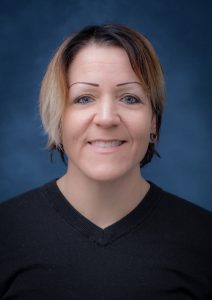 Caron Ford received her bachelor’s degree in English Literature from San Francisco State University. She earned her English Teaching Credential and Master of Education in Curriculum and Instruction from California State University Bakersfield. She has previous teaching experience at South High School in Bakersfield, California, and has worked at Clark College since 2009.
Caron Ford received her bachelor’s degree in English Literature from San Francisco State University. She earned her English Teaching Credential and Master of Education in Curriculum and Instruction from California State University Bakersfield. She has previous teaching experience at South High School in Bakersfield, California, and has worked at Clark College since 2009.
At Clark, Ford serves as I-BEST Lead Teacher for the Department of Career and Academic Preparation (CAP), as the curriculum developer for CAP English, and as the Transitional Studies CAP representative in the college’s work to adopt a Guided Pathways model of higher education.
“I approach teaching from a learning perspective, and I approach curriculum from a student perspective,” said Ford. “I want my students to see themselves in what they read and what they write so they can effectively engage in, challenge, and change the world.”
Rebecca Herman
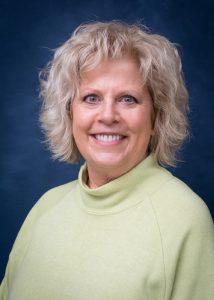 Rebecca Herman graduated from Clark College’s dental hygiene program with an associate degree. She completed a bachelor’s degree in Business Management and Communication, as well as a Master of Education degree in Curriculum and Instruction, at Concordia University.
Rebecca Herman graduated from Clark College’s dental hygiene program with an associate degree. She completed a bachelor’s degree in Business Management and Communication, as well as a Master of Education degree in Curriculum and Instruction, at Concordia University.
Herman has previous work experience as a clinical dental hygienist for many years. She has also taught at Mt. Hood Community College. She began teaching at Clark College as an adjunct instructor in 1994. At Clark, Herman advises and mentors students as well as new faculty. She serves on the Dental Hygiene Advisory Committee and regularly contributes to work and initiatives within her department.
“My approach to teaching is to focus on student learning and retention,” said Herman. “I also believe a learner-centered environment is best for the students to achieve outcomes.”
Dr. Yusufu Kamara
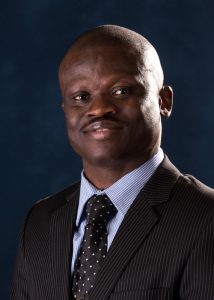 Dr. Yusufu Kamara earned his Bachelor of Science degree in Economics with honors from the University of Sierra Leone. After being awarded a Fulbright Scholarship, he earned his master’s and doctorate degrees in Economics from the University of Kansas. He has previous teaching experience at Avila University, Baker University, Neosho County Community College, and the University of Kansas (all of which are located in Kansas). He began teaching at Clark College in 2015.
Dr. Yusufu Kamara earned his Bachelor of Science degree in Economics with honors from the University of Sierra Leone. After being awarded a Fulbright Scholarship, he earned his master’s and doctorate degrees in Economics from the University of Kansas. He has previous teaching experience at Avila University, Baker University, Neosho County Community College, and the University of Kansas (all of which are located in Kansas). He began teaching at Clark College in 2015.
Dr. Kamara sit on the International Education Committee at Clark college, and has helped to plan the college’s annual International Education Day. He also serves as a faculty advisor to the college’s Harambee Black Student Union.
“I always strive to create an interactive and inclusive class environment, providing the opportunity for students from all backgrounds to participate in collaborative problem solving, engage in constructive class discussions, and to relate the issues discussed to their communities and beyond,” said Dr. Kamara. “I focus on developing the critical thinking skills students need understand and apply the basic principles we cover in class.”
Dr. Don Ludwig
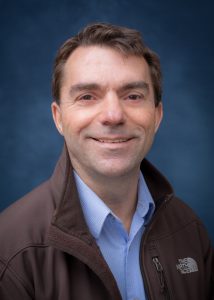 Dr. Don Ludwig earned his associate degree from Spokane Community College and his bachelor’s degree from Whitworth University. He holds a Master of Divinity degree from Princeton Theological Seminary and a Master of Social Work degree from Rutgers University. He holds doctorate degrees from both the New York-based International University for Graduate Studies and from Portland State University.
Dr. Don Ludwig earned his associate degree from Spokane Community College and his bachelor’s degree from Whitworth University. He holds a Master of Divinity degree from Princeton Theological Seminary and a Master of Social Work degree from Rutgers University. He holds doctorate degrees from both the New York-based International University for Graduate Studies and from Portland State University.
At Clark, Dr. Ludwig has served as the Faculty Assessment Liaison and Sociology Department Lead; a Guided Pathways faculty liaison; and the Clark Representative to The Democracy Commitment, a non-partisan national program to promote civics at community colleges. He has participated in both the I-BEST and Learning Communities and the Integrative Faculty Learning Community. He also served as a faculty panelist during a 2015 discussion on economic inequality.
“Teaching and learning should be committed to social justice and equity in all things and all ways,” said Dr. Ludwig. “The best question you can ask my students on any day is, ‘What are you learning today, why is that important, and what are you doing about it?’”
Laura Nagel
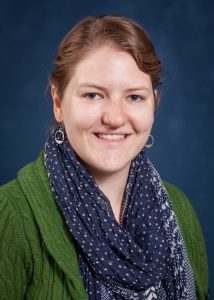 Laura Nagel earned her Bachelor of Arts degrees in Sociology and Art History from Pacific Lutheran University. She earned her Master of Arts in Library and Information Studies from the University of Wisconsin Madison. Before coming to Clark, she worked as a librarian at Linn-Benton Community College.
Laura Nagel earned her Bachelor of Arts degrees in Sociology and Art History from Pacific Lutheran University. She earned her Master of Arts in Library and Information Studies from the University of Wisconsin Madison. Before coming to Clark, she worked as a librarian at Linn-Benton Community College.
Since coming to Clark in 2015, she has served on the Library Leadership Team, as the Collection Development Lead, and as the Business and Health Sciences Liaison. She also served as project director for the college’s 2016 hosting of a traveling exhibit called “Native Voices: Native Peoples’ Concepts of Heath and Illness.”
In discussing her philosophy toward education, Nagel quoted the librarian James Elmborg, saying, “I tell students that it is my job to work with them to find, evaluate, and use information to ‘ask and answer questions that matter to them and to the world around them.’”
Robert Weston
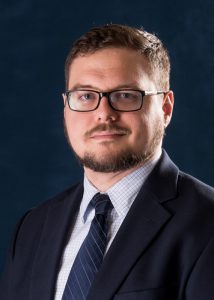 Robert Weston earned his bachelor’s degree in Mathematics from Oregon State University and his master’s degree in Mathematics from The City College of New York. His work history includes teaching mathematics at numerous institutions in both New York City and Portland for 10 years, working as an instructional designer for an online college, and serving as a consultant on education projects through his own small business.
Robert Weston earned his bachelor’s degree in Mathematics from Oregon State University and his master’s degree in Mathematics from The City College of New York. His work history includes teaching mathematics at numerous institutions in both New York City and Portland for 10 years, working as an instructional designer for an online college, and serving as a consultant on education projects through his own small business.
At Clark, Weston serves on the Guided Pathways Steering Committee and is developing a co-requisite remediation version of MATH 105.
“Student understanding of mathematics is developed by well-designed experiences that challenge students in a supportive environment,” said Weston in describing his teaching philosophy. “In order to meet these challenges students should be supported in developing effective study habits, organization skills, and healthy attitudes towards learning.”
Tess Yevka
Tess Yevka earned her bachelor’s degree from Marylhurst University and her master’s degree in Counseling from Portland State University. Her previous teaching experience includes Carrington College, Marylhurst University, and Mt. Hood Community College. She has additional work experience as a counselor in private practice and as a community educator working in child-abuse prevention.
At Clark, Yevka serves as a member of the Teaching and Learning Advisory Committee and the Faculty Development Subcommittee. She assists other faculty members in setting up and conducting online classes as well as in creating accessible teaching materials. Additionally, she is involved in the Vancouver community as a certified Long Term Care Ombudsman.
“My teaching philosophy is to make it real,” said Yevka. “By anchoring the content of a course in the context of daily life, students learn real-world application. Being able to see the relevance of material, and have the opportunity to apply it, increases interest and participation.”
Photos: Clark College/Jenny Shadley
